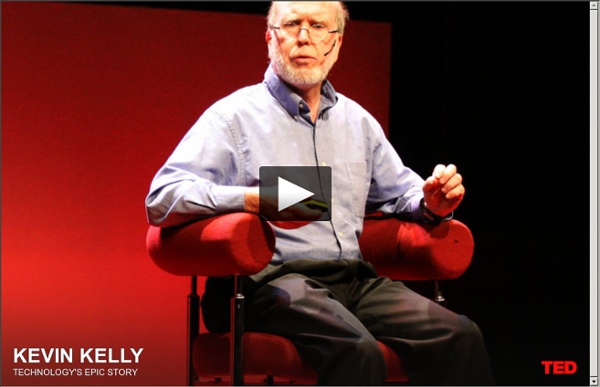



World-system World-systems are usually larger than single countries (nations), but do not have to be global. Several world-systems can coexist, provided that they have little or no interaction with one another. Where such interactions becomes significant, separate world-systems merge into a new, larger world-system. Through the process of globalization, the modern world has reached the state of one dominant world-system, but in human history there have been periods where separate world-systems existed simultaneously, according to Janet Abu-Lughod. The most well-known version of the world-system approach has been developed by Immanuel Wallerstein. Characteristics[edit] World-system refers to the international division of labor, which divides the world into core countries, semi-periphery countries and the periphery countries.[1][2] Resources are redistributed from the underdeveloped, typically raw materials-exporting, poor part of the world (the periphery) to developed, industrialized core.
Mundo Hacker Radio de Mundo Hacker Radio The Great Story Website created by Connie Barlow resources | Metanexus The Institute for the Future (IFTF) is an independent nonprofit research group, working with organizations of all kinds to help them make better, more informed decisions about the future. IFTF provides the foresight to create insights that lead to action, and brings a combination of tools, methodologies, and a deep understanding of emerging trends and discontinuities to its work with companies, foundations, and government agencies. IFTF takes an explicitly global approach to strategic planning, linking macro trends to local issues in such areas as: - Work and daily life - Technology and society - Health and health care - Global business trends - Changing consumer society The Institute is based in California's Silicon Valley, in a community at the crossroads of technological innovation, social experimentation, and global interchange.
ibhanet.org Explore Big History “If you want to build a ship, don’t drum up people to collect wood and don’t assign them tasks and work, but rather teach them to long for the immensity of the sea.” -- Antoine de Saint Exupéry Big History seeks to evoke in you an appreciation for the immensity of science and a longing for the greatest story ever told. Big History is the narrative account of the 13.7 billion-year history of our universe, the 4.5 billion-year evolution of our planet, the 6 million-year rise of our species, and the 10,000-year accelerating drama of human civilization. Every time we log on to the Internet or pump 200 million-year-old fossil fuels into our cars, we affirm this story in deed, if not in thought or understanding. In brief, our omnicentric universe began some 13.7 billion years ago as something like infinite heat, infinite density, and total symmetry.
Natural Genesis